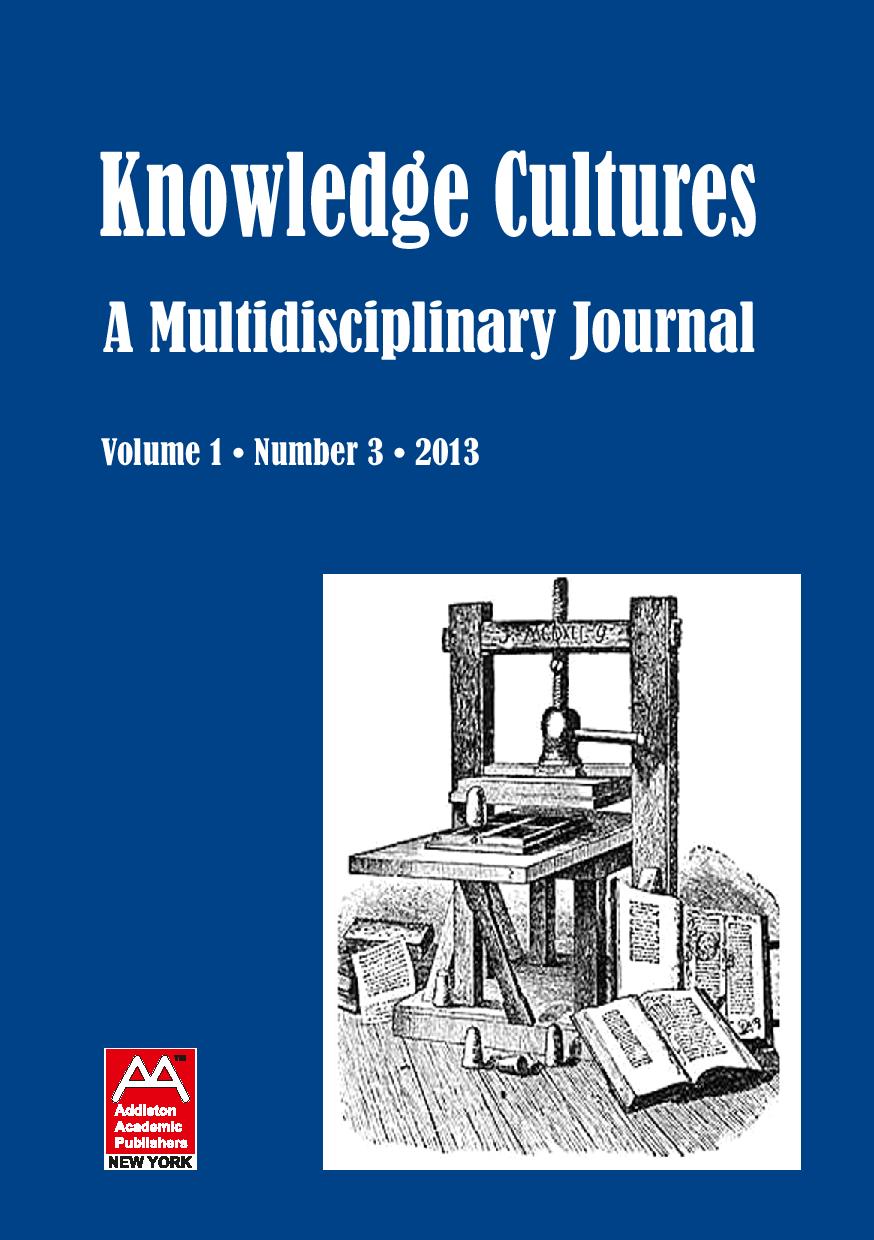INSTITUTIONAL PROBLEMS IN RUSSIAN EDUCATION: HOW TO MOVE TOWARDS A KNOWLEDGE-BASED ECONOMY
INSTITUTIONAL PROBLEMS IN RUSSIAN EDUCATION: HOW TO MOVE TOWARDS A KNOWLEDGE-BASED ECONOMY
Author(s): Daniel Frolov, EKATERINA STREKALOVA, JESSICA ESSARYSubject(s): Economy, State/Government and Education, Sociology of the arts, business, education
Published by: Addleton Academic Publishers
Keywords: Russia; education; knowledge-based economy; globalization
Summary/Abstract: The Russian economy suffers from the so-called “resources curse” and showcases classic symptoms of what is known in economics as the Dutch Disease. The global economic crisis clearly demonstrated Russia’s rigid dependence on the dynamics of the world energy prices and the rates of development by leading countries. Modernization of the Russian economy requires complex institutional reforms in education. However, changes in this area are unpredictable and unsystematic. This article reveals major institutional issues in Russian education that slow its position in the global economic race, such as: the inadequate economic and social status of teachers, the inefficiency of teacher education, a decrease in mandatory subjects in the school curriculum, the lack of technical colleges needed, a growing number of private colleges with a questionable quality of education, the declining value of university diplomas, challenges with post-college employment related to the degree earned, a lack of innovative research pursued in universities, and the absence of public discussion about changes of educational standards, etc. Despite the evident need for substantial educational reforms, the current approach of to education policy in Russia is an on-going institutional experiment – sporadic radical changes without a clear strategy. This approach creates additional barriers to defeating the historic resource dependency of the country. Overcoming this tendency requires thorough investigation of the strategic milestones and setting clear developmental priorities of a knowledge-based economy. This article suggests key directions of constructive institutional changes in Russian education considering the effects of globalization and the information revolution.
Journal: Knowledge Cultures
- Issue Year: 1/2013
- Issue No: 03
- Page Range: 55-64
- Page Count: 10
- Language: English
- Content File-PDF

